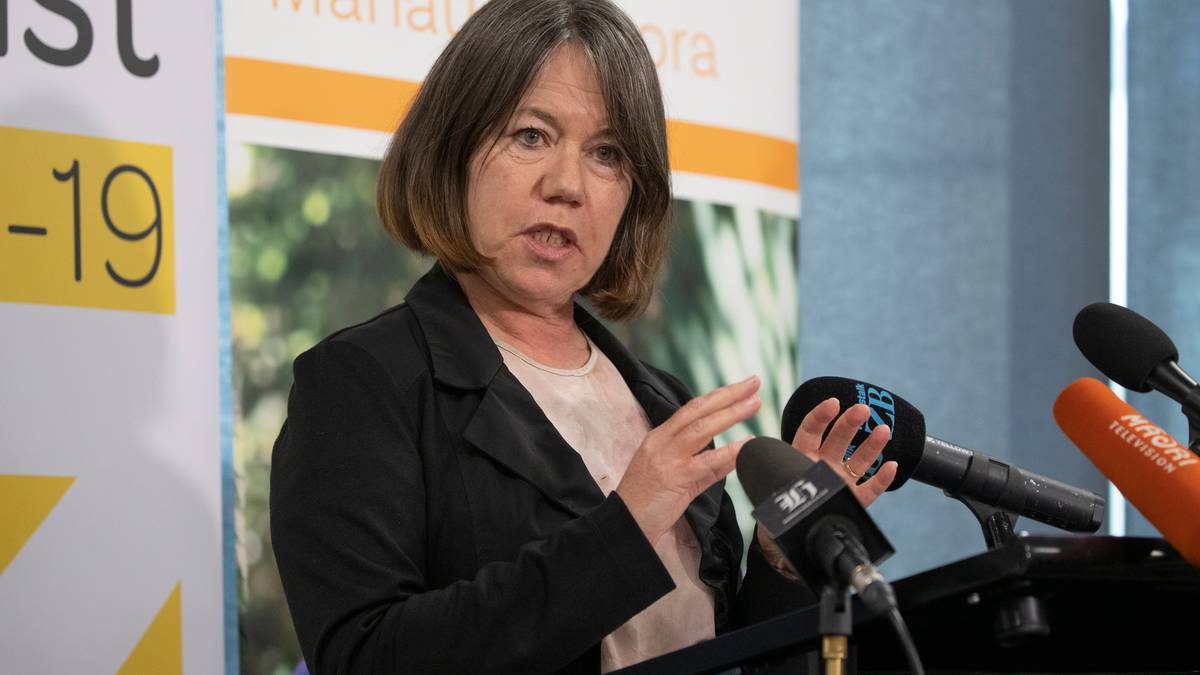
Critical healthcare employees can now work while Covid-19 positive, but only as a last resort and with strict conditions about how they spend their day.
The Ministry of Health has issued guidance around delivering critical health services, saying non-symptomatic Covid-positive workers can go back to work without isolating if a service risked being substantially compromised due to a lack of staff because of Covid.
Changes have also been made to section 70 of the health order so critical workers who provide a health service or managed isolation or quarantine service can leave isolation for work.
Director of public health Dr Caroline McElnay said today that as the case numbers increased, health services were stretched with large numbers of staff members having to isolate.
To ensure critical services could still run, healthcare workers with Covid could return to work earlier than usual if their absence meant the service couldn't run. Strict conditions around it included daily wellbeing checks. Workers would be stood down if their symptoms got worse.
The first option allowed Covid-positive healthcare workers to return to work on day six after they had returned a negative rapid antigen test (Rat), while the second option allowed Covid positive staff to return to work on wards where all patients had Covid without a stand down period.
"This second pathway can only be used if all other options have been exhausted, but it's an extra tool."
McElnay was not aware of any DHBs using the second pathway at this stage.
Staff on the ward must wear N95 masks and be in full personal protection equipment (PPE) at all times and not leave the ward even for breaks.
They would not be able to use public transport and still had to isolate outside of work.
In an email from Waitemata DHB's chief executive yesterday, staff at North Shore and Waitakere hospitals were told about the plan announced by the Government on Friday that allows staff who test positive for Covid to be able to work on Covid wards.
A taxi service was being arranged for those staff who did not have private transport to work and they would have to use the tea rooms at different times from staff who were not infected with the virus, the email said.
A concerned Auckland nurse told The New Zealand Herald it was insulting and shocking, but not unexpected. "There's no way we can staff Covid wards with sick staff forced to wear an N95 mask in full hot PPE for10 hours."
Midwifery Employee Representation & Advisory Service (Meras) co-leader Jill Ovens was surprised to learn of the changes, but said something had to be done to address dire staff shortages. She was also confident many precautions were in place to protect people from getting infected.
Ovens said because Auckland hospitals were so short-staffed midwives had not been able to take breaks every two hours, which was important because they were in full PPE gear and needed to be able to rehydrate.
Staff would be asked if they wanted to work and could do so from their first day of isolation if they felt well enough. It would not work for someone with symptoms such as a blocked nose to go in and have to wear a mask, she said.
"The staffing is so short. That's why they are doing it, but yes it did surprise me."
Many women were there for other reasons such as giving birth, but just happened to have Covid-19, she said.
However, Ovens said although allowing Covid positive workers in was one way of getting more staff, it didn't address the issue of childcare.
Many of Meras' members were mothers and had to find someone to look after their children because of a number of Auckland schools operating on a reduced timetable.
Under previous rules, healthcare workers had to return a negative Rat before they were allowed to return to work.












